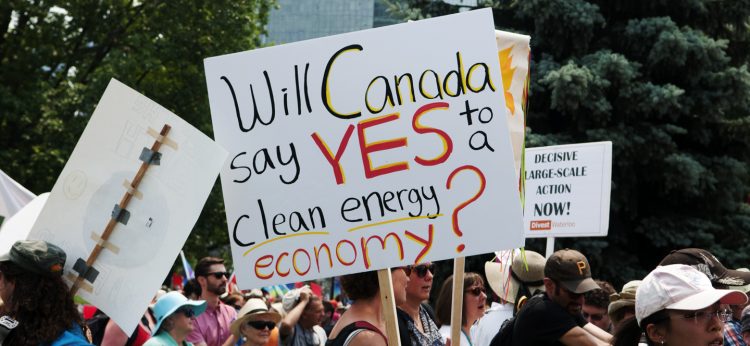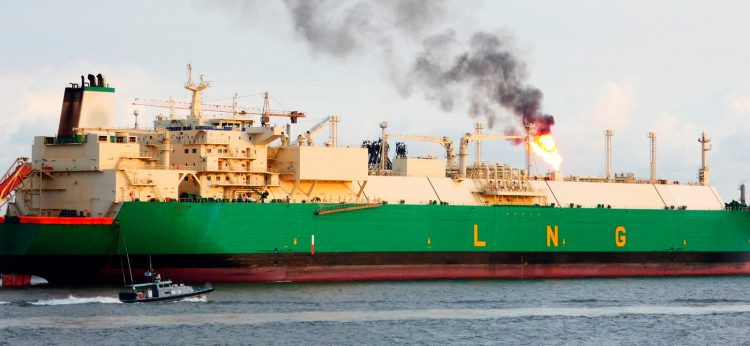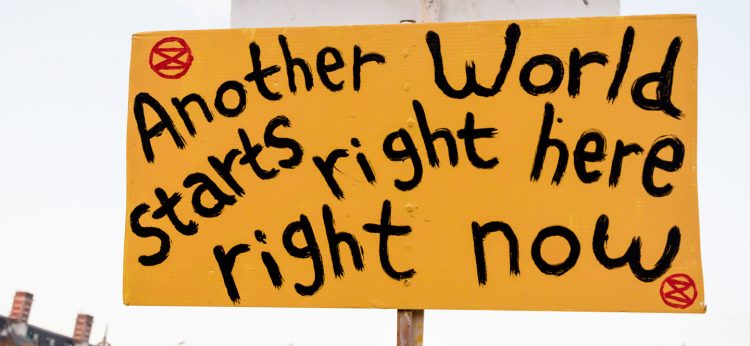
Just transition planning for a managed wind-down of fossil fuels in BC
by Marc Lee and Seth Klein | December 16, 2020
Resource development has long been central to BC’s economy. But commodity prices swing, industries consolidate and patterns of demand change over time. When they do, resource industry workers are often left holding the bag. The price is often much more than just involuntary unemployment for laid-off workers, but also includes mental illness, increases in domestic …

Why now is the time to reform the royalty regime in BC
by Marc Lee and Seth Klein | December 8, 2020
The oil and gas royalty regime in British Columbia needs a major overhaul. The re-elected NDP promised during the election campaign to review oil and gas royalties and credits. In the context of a climate emergency the need for a managed wind-down is urgent. Despite “natural” gas being a finite greenhouse-gas-generating fossil fuel, the royalty …

Towards a managed wind-down: the conversation we need to have
by Marc Lee and Seth Klein | November 26, 2020
An enduring lesson from COVID-19 is that where there’s a will there’s a way. Faced with a pandemic, governments have risen to the challenge and made profound changes that would have seemed impossible mere months before. We now need to shift this out-of-the-box thinking to the existential threat posed by climate change. The need to …

Managed wind-down of BC’s fossil fuel industries: a just transition to a green economy
by Marc Lee and Seth Klein | March 4, 2020
Imagine it’s 2025 and because of the escalating climate crisis, governments in Asia have declared ambitious new climate action plans and an aggressive transition off natural gas. BC’s fossil fuel exports would soon dry up, workers would be laid off and local communities would lose public- and private-sector jobs. This type of scenario needs to …

Winding Down BC’s Fossil Fuel Industries: Planning for climate justice in a zero-carbon economy
by Marc Lee and Seth Klein | March 4, 2020
For British Columbia to meet its emissions targets and not perpetuate the climate crisis, it must phase out its fossil fuel industries by mid-century. This means strategically and thoughtfully planning for the coming energy transition, including full decarbonization of the economy by 2050 and a fair transition for workers and resource-dependent communities. The report outlines …




